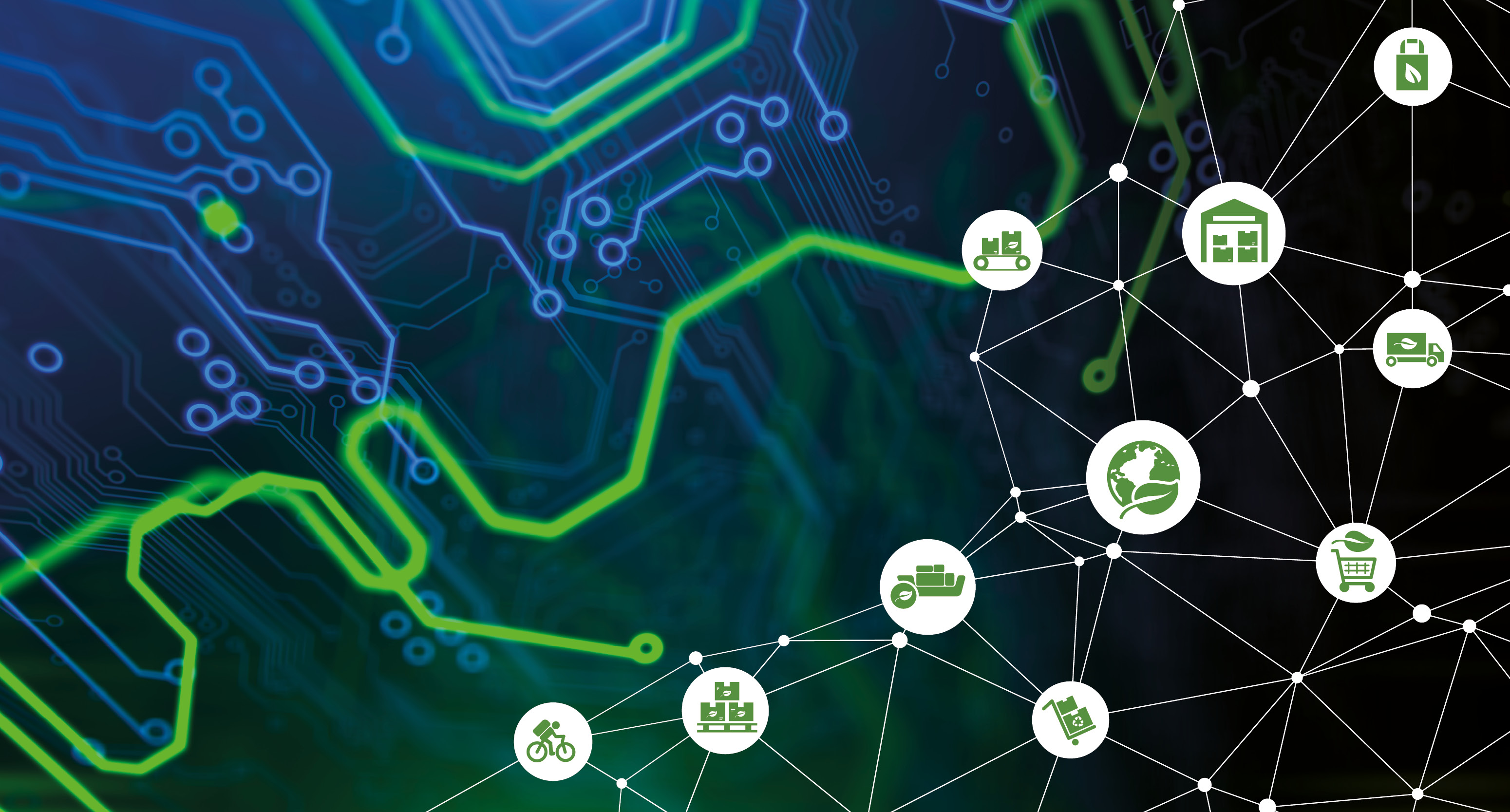Addressing PCB Environmental Supply Chain Issues with Direct Metallization Technologies


Written By

Harry Yang
General Manager
Circuitry Solutions
MacDermid Alpha Electronics Solutions
Want to speak to an expert? Connect with us here:
Addressing PCB Environmental Supply Chain Issues with Direct Metallization Technologies
Supply chain management plays a crucial role in meeting the demand for printed circuit boards (PCBs) in today’s global electronics marketplace. Many complex logistical issues must be considered when developing a robust supply chain strategy. From labor costs and lead times to geopolitical tensions and environmental impacts, the challenges are numerous.
China has long been considered the “supplier of choice” for PCB production due to its low-cost labor, abundant natural resources, supportive government policies, and large investments in infrastructure. They built an electronics manufacturing industry that has served the global electronics market very well. However, recent geopolitical events have highlighted significant logistical risks associated with utilizing China as a single-source PCB supplier.
Recent US trade sanctions with China along with lockdowns due to the COVID-19 pandemic deeply affected electronics manufacturing in China, causing significant supply chain disruptions. This spurred many electronics companies to look elsewhere, reducing their dependence on China by shifting some PCB manufacturing to other countries like Thailand, Vietnam, Malaysia, and India.
Not long ago, I was talking with my industry colleagues in global PCB supply chain management about their most pressing concerns. They adamantly agreed that developing a diversified supply chain by migrating PCB production capacity outside of China was by far the most difficult challenge they currently face. Plus, given today’s fast-paced and fiercely competitive industry, they share an extreme sense of urgency to make strategic decisions and implement changes quickly as part of the new “China Plus One” strategy.
Transitioning PCB production to a new facility can feel like a formidable task given the time, labor, and resource-intensive operations that are involved. Other potential environmental impacts make it increasingly obvious that the ‘new normal’ will make sustainability and resource conservation a top priority. There are many areas along the PCB supply chain where there is room for improvement in sustainable manufacturing. For example, electroless copper plating is the traditional method of making drilled through-holes and vias conductive within PCBs. This requires substantial investments in infrastructure and utilizes large amounts of water, energy, and toxic chemicals.
Electroless Copper Plating
For those that have not been involved with electroless copper plating, here is a summary of the process. It creates conductive pathways within PCBs to establish inter-layer electrical connections. During this process, copper and palladium are chemically deposited into small, drilled holes that traverse two or more adjacent layers to create vias. A via enables electrical signals and power to travel from one layer of the circuit board to another. After the electroless copper plating process, the PCB is run through the electrolytic copper plating process to build the copper up to its final thickness. While electroless copper is widely used, it is important to acknowledge that it is highly resource-intensive of hazardous waste, including copper-containing effluents and formaldehyde. These pollutants, if not effectively managed and treated, pose substantial risks to water quality and the health of aquatic ecosystems. The sustainability and supply chain questions must be widely examined in the industry.
Direct Metallization – A Greener and Leaner Alternative to Electroless Copper Plating
In my work, with our customer’s engineering teams and supply chain managers, I’ve helped transition hundreds of PCB production lines from traditional electroless copper plating processes to direct metallization technologies. Here at MacDermid Alpha, I’ve witnessed companies reap the many high-value benefits that direct metallization offers. This includes advantages that support efficient, cost-effective, and environmentally conscious migrations to new production facilities. Key benefits of transitioning from electroless copper plating to Direct Metallization technologies include:
- Direct copper-to-copper bonding.
- Removal of several time-consuming process steps.
- Reduction in the size and cost of production lines.
- Fewer defects, such as voids, for improved reliability.
- Substantial decrease in energy and water usage.
- Elimination of toxic chemicals, including formaldehyde.
- No precious metals used, such as palladium.
- Lower occupational health risks and ecological impact.
Whether transitioning to direct metallization in the same facility or migrating to a new facility to address the industry’s evolving global supply chain pressures, direct metallization provides reliable, cost-effective solutions needed for success.
Partnering with Experts
Navigating the complex logistical and geopolitical challenges of today’s global electronics industry often requires difficult decisions. Choosing to move production capacity to a new facility to reduce reliance on a single supplier or region is a major one and can be a daunting task.
Partnering with experts like MacDermid Alpha can ease this transition. We have helped hundreds of companies migrate their PCB production lines to direct metallization, ensuring successful supply chain outcomes while elevating their capabilities to meet the demands of next-generation electronic devices. Our state-of-the-art direct metallization technologies are ideal for fabricating all types of circuit boards, from simple through-hole to complex High-Density Interconnect (HDI) PCBs, including flexible, rigid-flex, and novel hybrid circuit boards. Our advanced materials, processes, and equipment have been developed in alignment with our company’s commitment to environmental sustainability and reliability.
Working at MacDermid Alpha, a high-tech company dedicated to environmental responsibility, has strengthened my commitment to environmental stewardship. I take immense pride in being actively involved in projects aimed at resolving supply chain issues while improving occupational safety and environmental sustainability. This journey not only fills me with a sense of accomplishment but also reinforces the importance of conscientious decision-making in the pursuit of a more sustainable and environmentally aware PCB manufacturing supply chain.
Interested in transitioning to direct metallization?
Talk to our experts here and we'll help you take the first step
